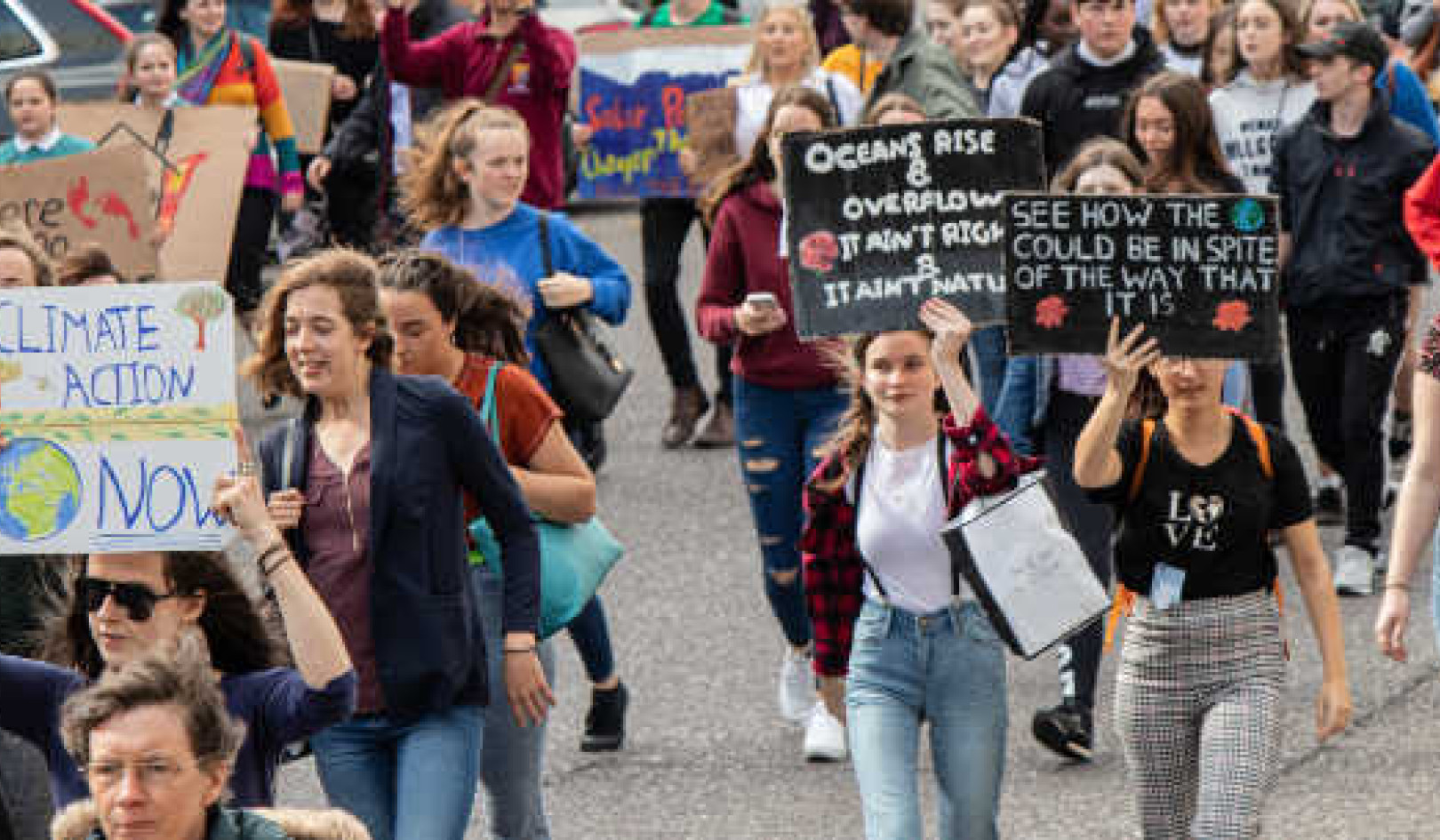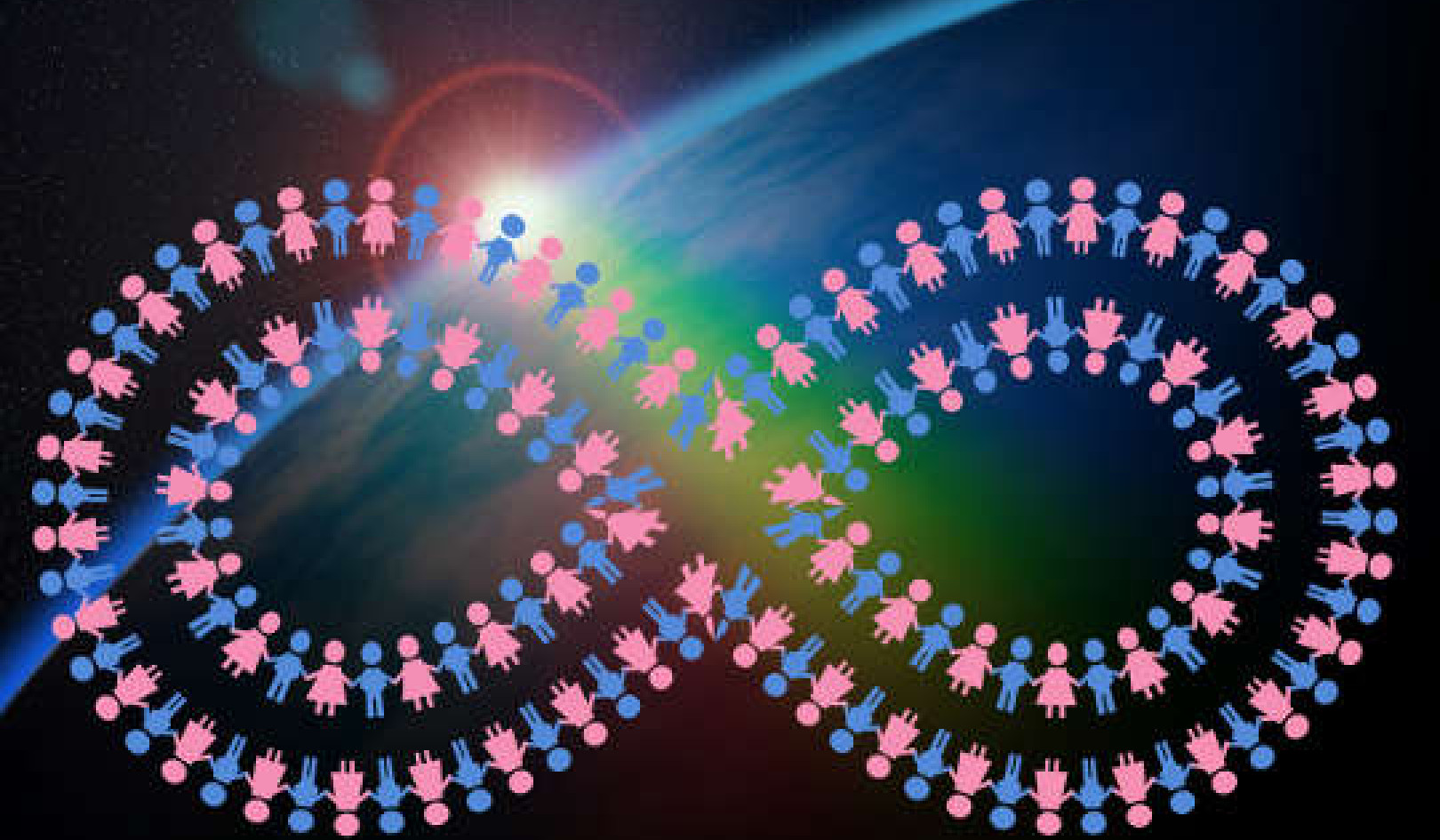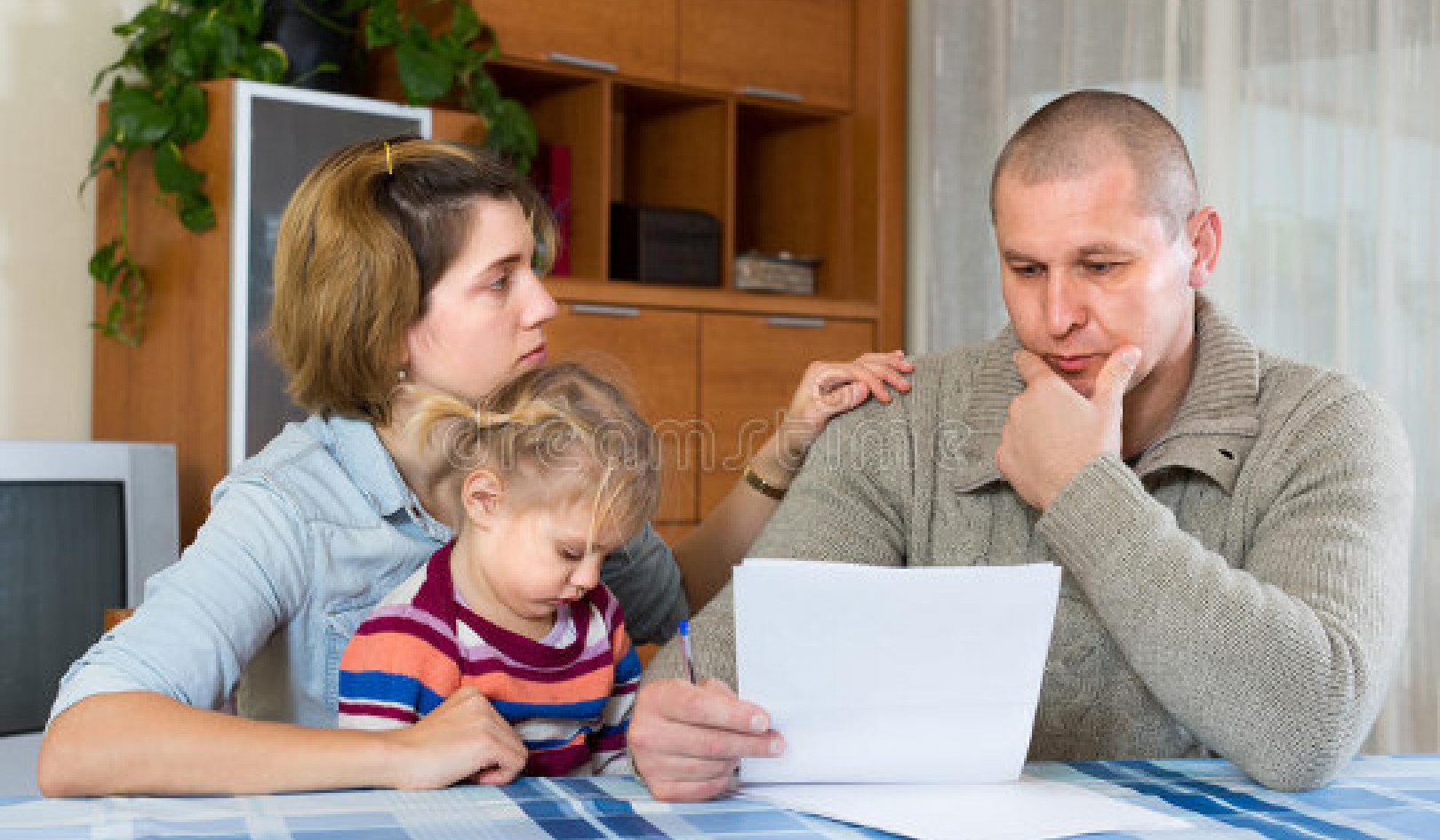 "With stronger complementarities in home production among spouses, highly educated people increasingly marry other highly educated people, while less-educated people increasingly marry other less-educated people," Paula Calvo explains. (Credit: Michael J/Flickr)
"With stronger complementarities in home production among spouses, highly educated people increasingly marry other highly educated people, while less-educated people increasingly marry other less-educated people," Paula Calvo explains. (Credit: Michael J/Flickr)
Sharing household roles can promote gender and income equality within households, but research suggests it could also increase inequality between households.
The new study asks: How do people’s marriage choices affect the labor market, and ultimately gender wage gaps and income inequality?
Despite achieving gradual progress closing gender gaps in recent decades, women around the world still lag behind men in wages earned. Meanwhile, income inequality has increased—rapidly, in some countries.
“Who matches with whom on the marriage market impacts how many hours each spouse will devote to their jobs as opposed to household duties,” says Ilse Lindenlaub, an assistant professor in the economics department at Yale University and coauthor of the working paper.
“In the labor market, employers care about workers’ skills but also how many hours they are willing to work, so labor supply choices have an impact on the labor market match. How households decide to allocate their time is the link between the marriage and the labor market.”
Marriage and labor markets
Lindenlaub worked with Yale PhD candidate Paula Calvo and Ana Reynoso, assistant professor of economics at the University of Michigan, to build a model incorporating both the marriage and labor markets, based on three decisions that people face: whether and whom to marry; how much time to allocate to work as opposed to childcare or housework; and which job to choose.
Their analysis suggests that partners with similar education are more likely to work a similar number of hours and share household duties, particularly childcare, more equally than couples with different education levels, where the better-educated spouse is the primary breadwinner—and that these factors can affect gender gaps and income inequality.
A growing body of research examines the link between the labor market and gender earnings gaps, particularly the effects of reduced labor force participation by women. Other areas of research explore the marriage market, including who marries whom and women’s disproportionate role in home production duties (e.g. childcare, cooking, and chores). Until now, however, no analysis had featured both markets in equilibrium, with the households’ labor supply decisions as the link.
‘Progressive’ and ‘traditional’ couples
The new analysis suggested a key dynamic: whether the time spouses work at home is more productive when both make similar time investments—for example, if children do better when both parents invest equally—had important associations with who marries whom, and the spouses’ decisions over how much to work and which job to choose. When it is more productive for both partners to share household duties, spouses are more likely to have similar education levels, be part of dual-career couples, and share childcare and housework. This reduces gender gaps and inequality within households—reflecting “progressive” marital roles.
On the contrary, when specialization in household duties is more productive, spouses are more likely to form single-earner households, with greater disparities in education levels and one partner assuming the bulk of household duties, reflecting “traditional” marital roles. This widens gender gaps and inequality within households. Thus, whether household duties are more productive when shared or specialized—which can depend on many factors, such as the availability of modern appliances and the internet, the nature of childcare, or even government policies like paid parental leave—affects gender and household inequality.
Despite finding that sharing household roles can promote gender and income equality within households, the model predicted that it increased inequality between households.
“With stronger complementarities in home production among spouses, highly educated people increasingly marry other highly educated people, while less-educated people increasingly marry other less-educated people,” Calvo explains. “This reduces gender gaps in labor market outcomes, since similarly educated partners tend to work similar hours compared to couples with big differences in education. But this shift increases inequality between households, since less-educated households earn increasingly lower wages than higher-educated households.”
Lindenlaub, Calvo, and Reynoso then utilized data from the German national household survey to investigate the model’s predictions empirically. The analysis confirmed their hypotheses: German spouses’ household roles had indeed become more complementary over time, alongside the model’s predicted effects on gender gaps and inequality.
Policies affecting who marries whom (e.g. tax policies) or how households allocate time and labor (e.g. parental leave or universal childcare) have the power to mitigate or amplify gender gaps and income inequality—underscoring the need for a better understanding of these spillovers across both markets.
About the Authors
Source: Greg Larson for Yale University
Books on Inequality from Amazon's Best Sellers list
"Caste: The Origins of Our Discontents"
by Isabel Wilkerson
In this book, Isabel Wilkerson examines the history of caste systems in societies around the world, including in the United States. The book explores the impact of caste on individuals and society, and offers a framework for understanding and addressing inequality.
Click for more info or to order
"The Color of Law: A Forgotten History of How Our Government Segregated America"
by Richard Rothstein
In this book, Richard Rothstein explores the history of government policies that created and reinforced racial segregation in the United States. The book examines the impact of these policies on individuals and communities, and offers a call to action for addressing ongoing inequality.
Click for more info or to order
"The Sum of Us: What Racism Costs Everyone and How We Can Prosper Together"
by Heather McGhee
In this book, Heather McGhee explores the economic and social costs of racism, and offers a vision for a more equitable and prosperous society. The book includes stories of individuals and communities who have challenged inequality, as well as practical solutions for creating a more inclusive society.
Click for more info or to order
"The Deficit Myth: Modern Monetary Theory and the Birth of the People's Economy"
by Stephanie Kelton
In this book, Stephanie Kelton challenges conventional ideas about government spending and the national deficit, and offers a new framework for understanding economic policy. The book includes practical solutions for addressing inequality and creating a more equitable economy.
Click for more info or to order
"The New Jim Crow: Mass Incarceration in the Age of Colorblindness"
by Michelle Alexander
In this book, Michelle Alexander explores the ways in which the criminal justice system perpetuates racial inequality and discrimination, particularly against Black Americans. The book includes a historical analysis of the system and its impact, as well as a call to action for reform.






















